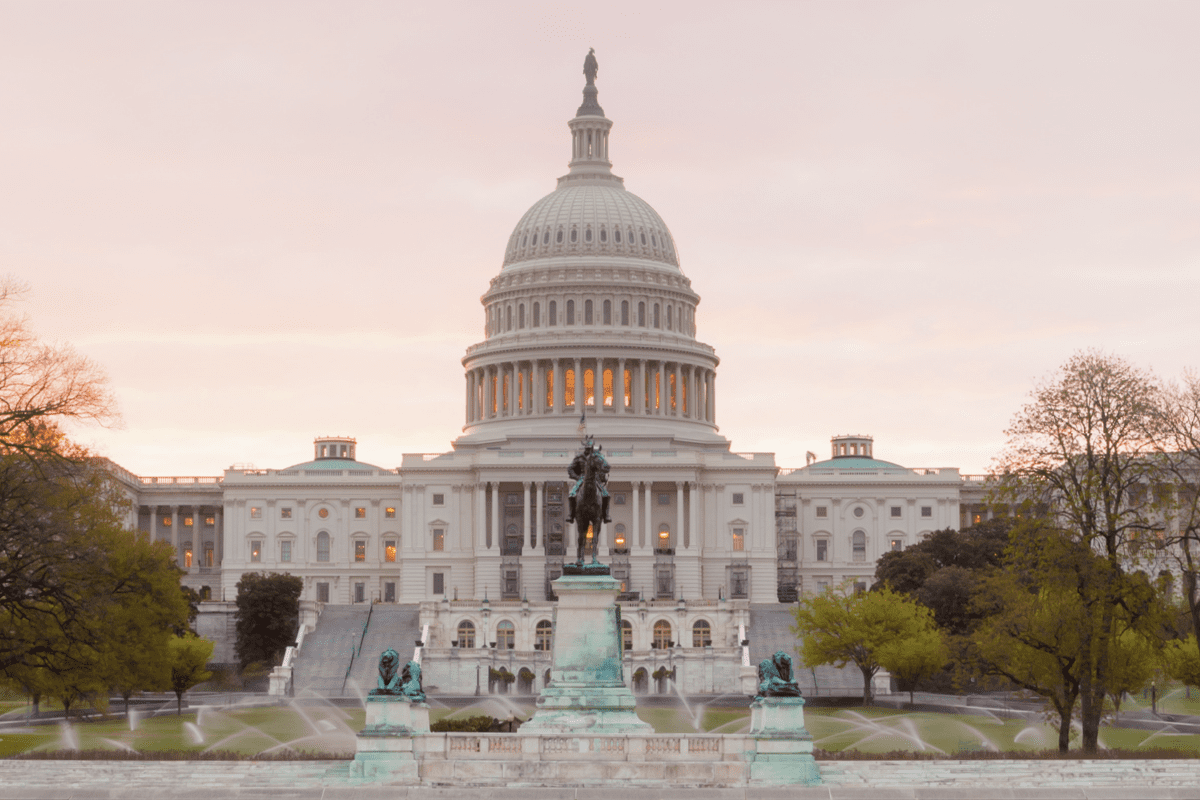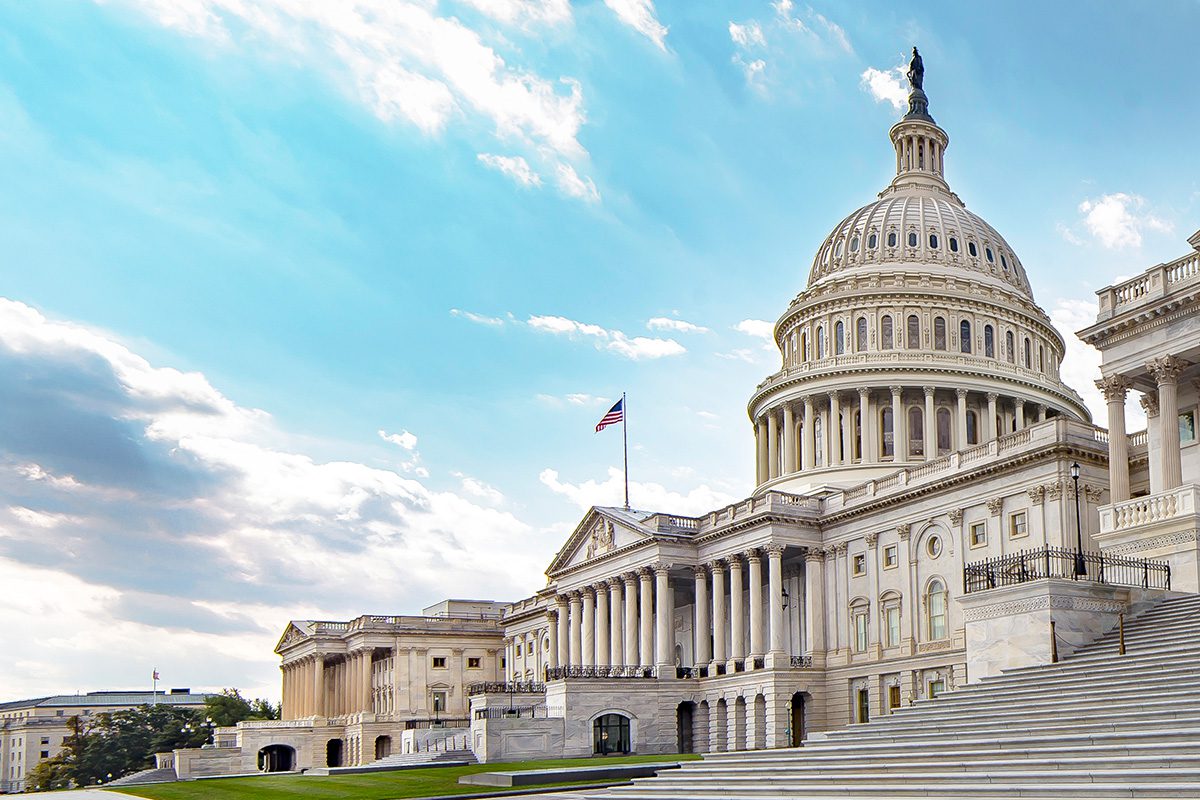
At a glance
- Key Point: The One Big Beautiful Bill (OBBB) enhances Qualified Small Business Stock (QSBS) to further incentivize investment in manufacturing and technology by providing greater gain exclusions, raising asset thresholds, and reducing the required holding period for QSBS.
- Impact to Manufacturing and Technology Businesses: The enhancements to QSBS can benefit early-stage investors, startup founders, and option holders within these industries through increased opportunities for growth due to the potential tax savings.
- Next steps: Review the Planning Considerations section of this article. Aprio’s tax advisors are available to assist you in understanding and addressing the changes introduced by the OBBB.
The Full Story on How the OBBB Impacts Qualified Small Business Stock
Effective July 4, 2025, the One Big Beautiful Bill has enhanced the tax benefits of investments within the manufacturing and technology sectors, providing a significant amount of additional tax savings. Entrepreneurs and investors should take time to review these new changes to the tax code and understand how the QSBS income exclusion can benefit them.
Three Key Areas of Interest to Investors and Entrepreneurs
Business owners and investors in the manufacturing and technology industries should pay particular attention to three critical areas affected by the OBBB.
- Tiered Gain Exclusion: For qualifying stock acquired after July 4, 2025, a three-year holding period allows a 50% gain exclusion, while a four-year holding period allows 75%, and five or more years still qualifies for 100%.
- Higher Exclusion Cap: The maximum excludable gain rises from $10 million to $15 million for post-July 4, 2025 stock acquisitions, with annual inflation adjustments starting in 2027. The alternative limit of 10 times the adjusted basis remains.
- Increased Asset Limit: To qualify, a company must now have less than $75 million in gross assets at the time shares are issued or sold. This is an increase from $50 million pre-OBBB. This amount will be adjusted for inflation each year starting in 2027.
Planning Considerations for Owners and Shareholders
Because the OBBB has significantly enhanced the QSBS/1202 exclusion, now may be the best time in years to form and/or invest in domestic C corporations in the manufacturing and technology sectors. It is also an important time for businesses in these sectors to reconsider their entity structures, plan for the future, and reconsider stock option plans. Aprio is proactively examining the tax benefits available from the enhanced QSBS exclusion.
Here are a few considerations that may be relevant to businesses, their investors and employees in the manufacturing and technology space.
Reconsider Entity Type and Capitalization Structure
Owners of LLCs and S Corporations should evaluate the potential consequences of converting their enterprises into C Corporation status. Because the exclusion requires a business to be a C corporation, it may be time to reevaluate the business entity structure. This is particularly important for high growth businesses considering partial or full exits in the future.
For C corporations, it may be time to reevaluate equity structures. SAFE agreements and convertible debt agreements have recently been popular in funding manufacturing and technology startups. However, these debt-like structures are not eligible for section 1202 treatment until converted into equity. Thus, it may be time to reconsider these convertible holdings to maximize the tax benefits for investors.
Re-examine Stock Ownership
Investors who are looking for tax advantaged investments have a variety of considerations related to QSBS. Section 1202 stock does not have to be owned directly by an individual, which provides for flexible planning. An investor may hold the stock through a Venture Capital fund or trust.
Re-evaluate Stock Option Program Timing
Manufacturing and Technology businesses may wish to reconsider their stock option plans in light of these changes. Stock options granted must be exercised and held at least three years to obtain partial 1202 benefits, and for five years to obtain the full exclusion. In recognition of the shorter window for claiming partial benefits, corporations may wish to permit employees to “early exercise” stock options.
Early exercise of stock options could be valuable to employees in high-growth businesses where the exclusion may now be available due to Section 1202 asset tests. Employees may have more incentive to exercise their stock options sooner as a result of the OBBB. There are various other matters to consider if a company makes this available for stock option grants in the future.
Assess Estate Planning with Shares of QSBS
Properly-structured estate plans can facilitate the funding of trusts with shares of QSBS. An effectively designed estate plan not only removes these assets from the founder’s taxable estate but also may enable the trusts to benefit from the tax advantages associated with the sale of QSBS stock.
The Bottom Line: What Changes to QSBS Mean to Founders and Investors Under the OBBB
The amendments to Section 1202 implemented by the OBBB constitute notable opportunities for businesses within the manufacturing and technology industries. Taken together, the elevation of gain exclusion limits, expansion of the asset cap, and shortened holding period promote investment in emerging enterprises and strengthen overall incentives. For founders, the amendments to Section 1202 under the OBBB provide enhanced opportunities for attracting capital from investors interested in long-term tax benefits.
This is an ideal opportunity to assess your eligibility, optimize investment structures, and maximize the benefits of these incentives.
[icegram campaigns=”26611″]


